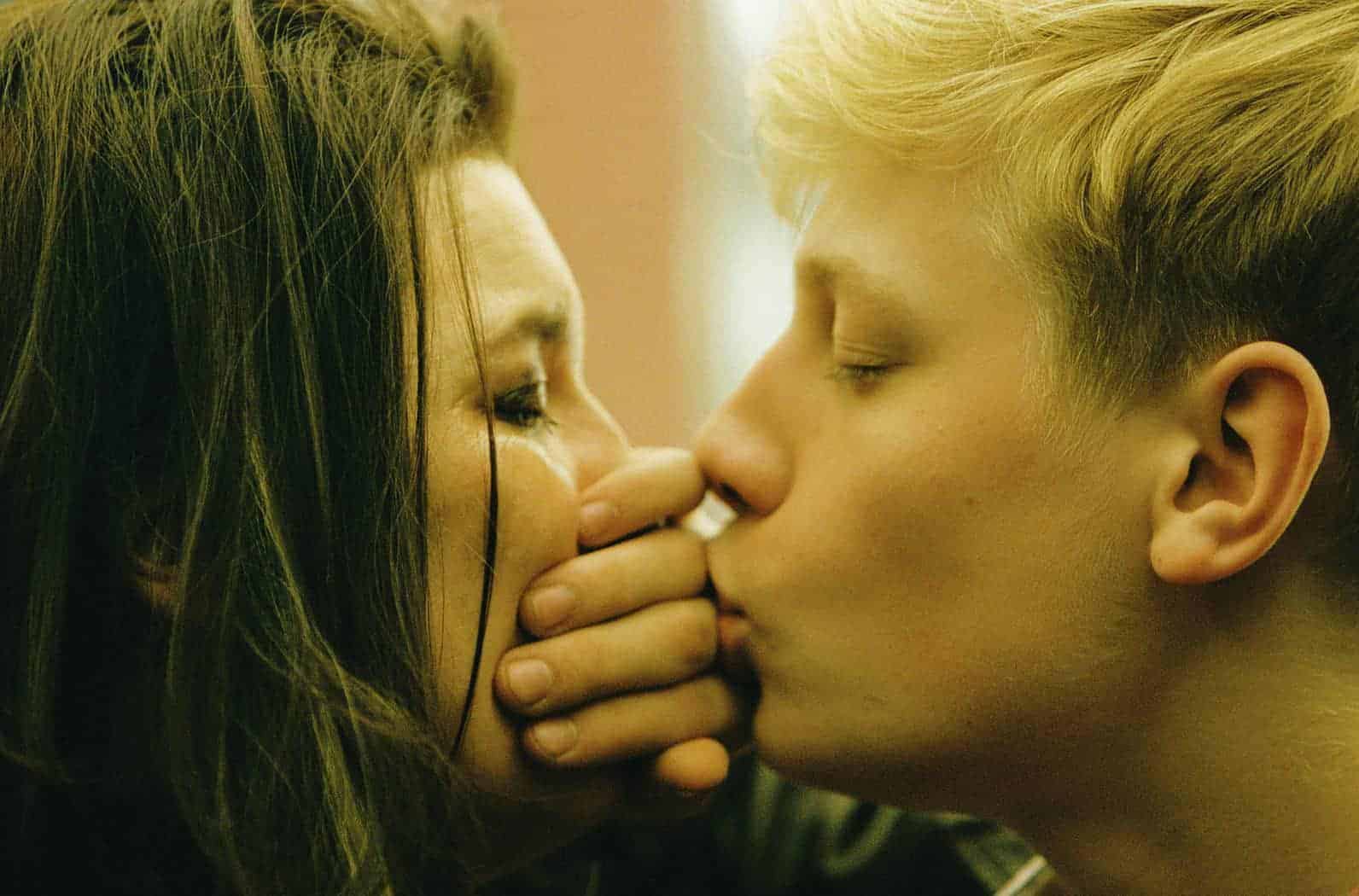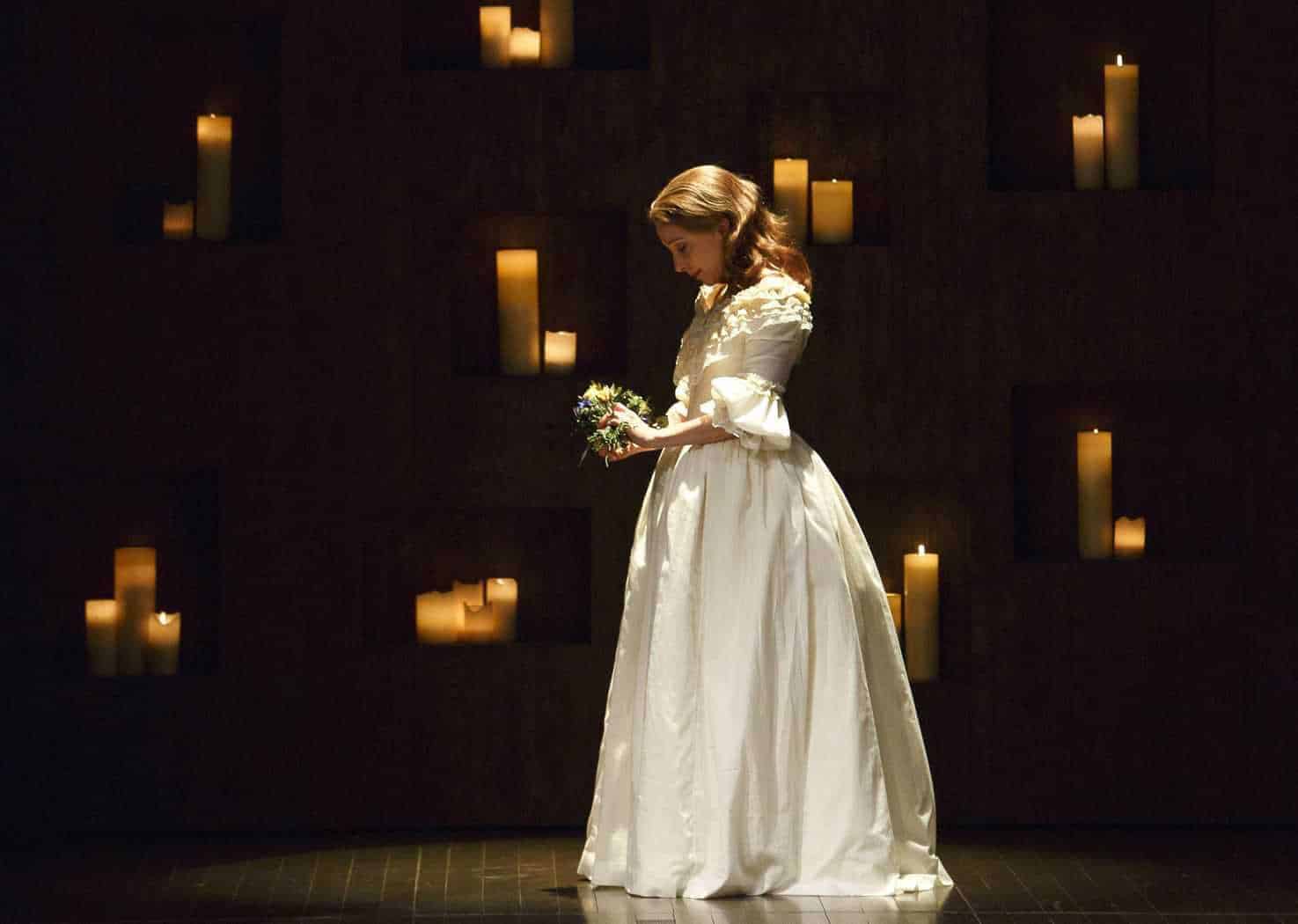Jennifer Peedom discusses the making of her terrific Everest doc, Sherpa, the first documentary to be told from the Sherpa’s perspective.
Best of The Seventh Row
The Martian engineers the shit out of surviving on Mars
The Martian would be a great engineering recruitment film — if it ever mentioned the word “engineering.” When Mark Watney (Matt Damon) is faced with the challenges of surviving alone on Mars for four years, including growing his own own food and figuring out a way to communicate with Earth, he concludes he’ll have to “science […]
88:88 is a formal and ideological marvel **** 1/2
88:88, an emphatic statement on poverty, debuts an exciting, radical new voice in cinema: Winnipeg-based Isiah Medina. The numbers ‘88:88’ flash across alarm clocks when electricity goes out: The accurate time is replaced by these place holders and time essentially stands still. The central philosophical meaning of 88:88 in the film is one of stasis, and how that stasis caused by poverty subjects people to a minimized life.
TIFF15 Interview: Canadian director Kire Paputts talks The Rainbow Kid and disability in film
With his first feature, The Rainbow Kid, Canadian filmmaker Kire Paputts has made a landmark film. The film stars a character with Down Syndrome, Eugene (Dylan Harman), a naive boy whose mother can’t pay the rent. In an effort to prevent their eviction, he sets out on a journey to find the pot of gold at […]
What do we mean when we talk about Canadian cinema?
Where is Canadian cinema going? What is its purpose? And what can we say about how the country is being reflected back at us through this year’s TIFF15 crop of Canadian films?
Pericles, Prince and Tiresome at Stratford
Shakespeare’s Pericles, Prince of Tyre (rebranded by the Stratford Festival as The Adventures of Pericles) is less a play and more a series of scenes strung together. It opens with incest and runs through murder, resurrection, and the threat of sexual slavery before a visitation from the goddess Diana. Remarkably, director Scott Wentworth manages to impose unity on this unruly text by highlighting the theme of feminine virtue that runs through the play.





